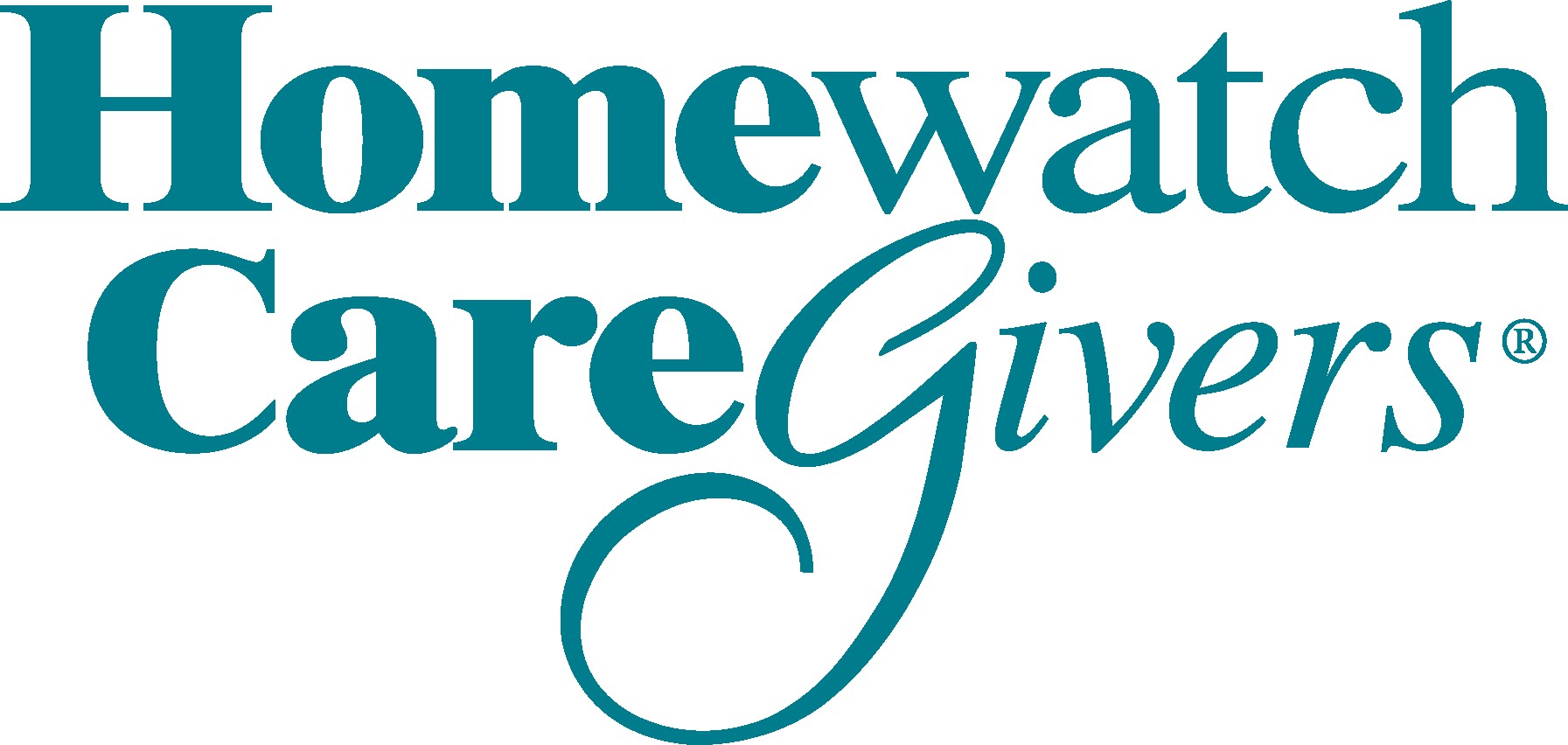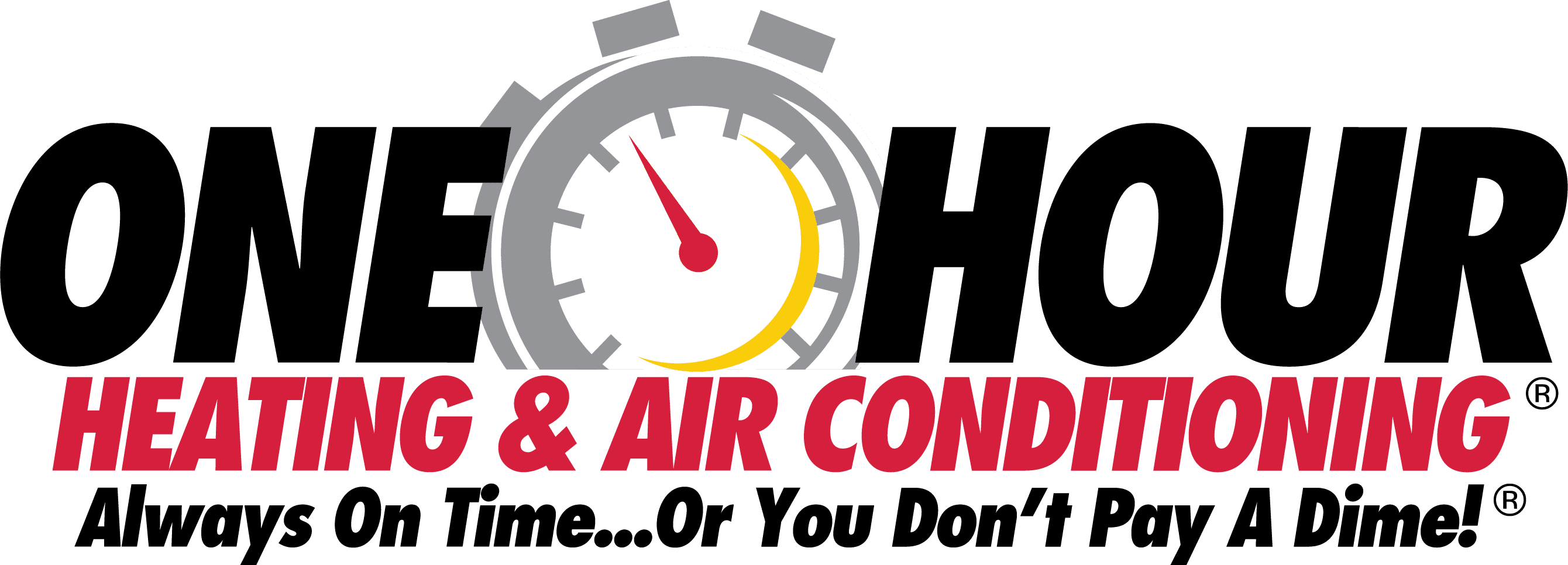Download the Build a Caregiving Business Brochure

Know Your Market: How is Home Care Paid For?
April 4, 2017
There are many considerations when choosing to become a senior care franchise business owner, including who in your community you will market your services to. Knowing how different populations can pay for in home care services and how rules for government funds can vary by state might influence your strategic decisions. The experience of the Homewatch CareGivers team and the tools to launch can help with planning and strategy.
As you research specific markets, you will need to determine who lives there and might need assistance with daily activities in the home. Within each of these groups of people, there will be different means of paying for such services. For example, veterans—and in some cases, their spouses too—have access to benefits that include home care.
Another way to look at a potential market is if there is a need for a specific need not being met. For example, are there many people qualified for Medicaid, but no home care agencies certified to accept this type of payment?
People are often surprised to learn that professional in home care services are not covered by medical health insurance.
Let’s explore the various revenue sources for non-medical home care businesses:
- Private pay. The majority of clients of in home care pay from their savings or checking, without any benefits or insurance and regardless of the specific condition or number of hours for which care is needed.
- Long-term care insurance. Many long-term care insurance policies will cover in-home care costs, though there is always fine print to carefully read. Policies that do pay for in-home care will stipulate how much per day. This can be combined with other payor sources so someone may have benefits for five hours a day, but need eight hours a day of care. In this scenario, they will use the benefits first and then pay out-of-pocket for the remainder.
- Veterans benefits. There is more than one way that veterans’ benefits can be used to pay for in home care and it will depend on how much time was served in active duty, if there was an honorable discharge, or verification from a doctor that certain services are needed first. Spouses of veterans may also qualify for using these benefits for in home care.
- Medicare. While very limited, it can be used for specific in-home care services with a Medicare-certified agency for a specific period of time.
- Medicaid. Rules for using Medicaid for in-home care services will vary by state and the person in need of care will have to qualify based on proof of low income.
- Life insurance. It will depend on the policy and the prognosis of the policyholder as to whether or not a life insurance policy can be cashed in and used for in home care. However, it can be done.
As a home care business owner, you do not need to be an expert in all of these fields because each market and state will have unique rules. Whether a person uses some veterans benefits along with personal savings or they have a long-term care insurance policy, the goal is to help people remain as healthy as possible while supporting them with help to complete their daily activities.
Ready to explore franchise ownership? Learn more on our franchising website.
Recent News

How to Start an In-Home Care Business: A Step-by-Step Guide
October 7, 2025

What to Expect as a Home Care Franchise Owner
May 6, 2025

5 Things to Know Before Starting a Home Care Franchise in 2025
April 1, 2025

Why Corporate Professionals Are Investing in Senior Care Franchises
April 1, 2025

Todd Houghton Named to 2025 Titan 100 – Celebrating Leadership in Home Care
March 21, 2025

Advantages of Owning a Franchise
March 5, 2025

















